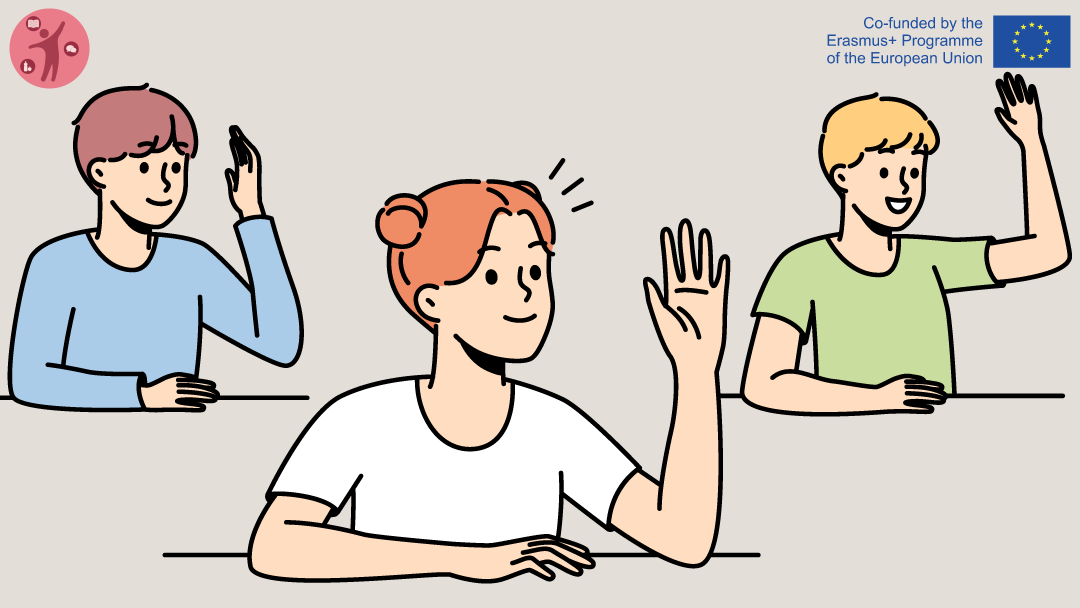






|
Sometimes being in school might be a tough experience filled with difficult moments and it happens that those moments might make one feel lonely and think they cannot make it through. When I was a little younger, in my class there was a boy who was always picking on me; even though I really never understood why. I did not know how to react. Thus, I often shut myself in because I did not know how to express what I was feeling. And though I was scared of him, at the same time, I was ashamed to ask someone else for help.
I began to feel more and more lonely and found comfort only in food, but the more I ate, the more I felt guilty. Fortunately, my parents and my teachers noticed that I was suffering and helped me, by arranging for me to meet a really kind and helpful psychologist. Thus, I was able to get better, and the situation at school also improved. In class we talked about bullying, and fortunately the boy who was always picking on me changed his behaviour. With this experience, I understood first-hand that the health and mental well-being of young people must be protected, and that we need to talk about that with young people, both in and out of school.
Giving importance to youth mental health and well-being, and increasing the knowledge among young people is key to preventing certain mental health problems and to ensuring that young people can know when something is wrong and be able to ask for help. In my case, help from my family and my school was fundamental; they realised that I was going through a difficult period, and they were able to intervene. I think that school-based mental health interventions can help prevent misconceptions about mental health among young people and reduce social stigma. If schools can safeguard youth mental health through awareness, prevention, and promotion; can reduce the likelihood of youth experiencing psychological distress. Youth Mental Health |





 Published on 13.10.2023 at 01:22
Published on 13.10.2023 at 01:22